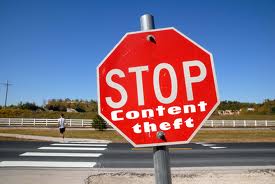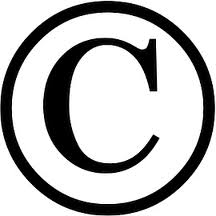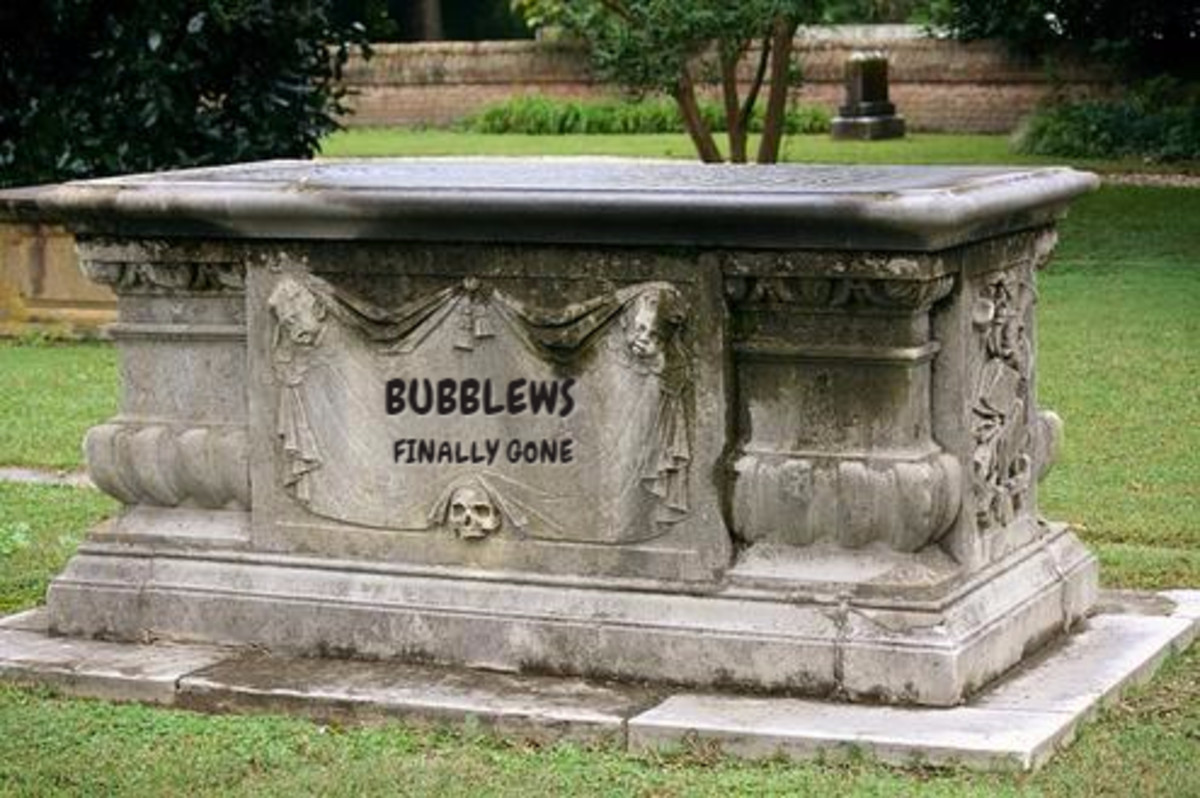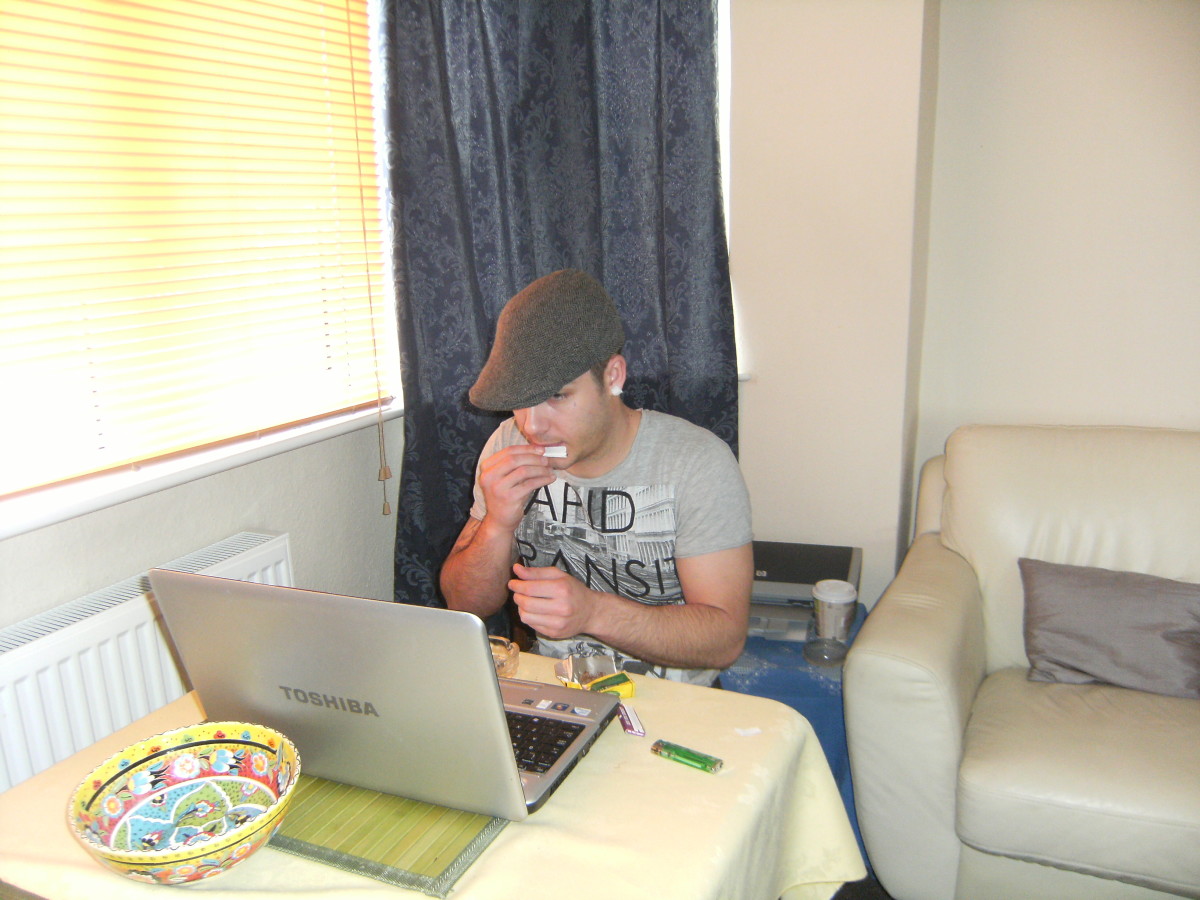- HubPages»
- Books, Literature, and Writing»
- Commercial & Creative Writing»
- Making Money as a Writer
Content Theft: Stealing Blogs and Articles
Some people steal other author’s work on the Internet thinking as long as they give that person credit it’s not theft; they are wrong. You are taking money out of another writer’s pocket.
There are many titles for this practice: copy thieves, copyright thieves, content theft.
Did you know there is a band called Article Thieves? Weird.

How online writers make money.
First we have to understand how Internet bloggers and article authors make their income. This is a mystery to those who aren’t in the business so I’ll try to explain it in simple terms. There is a lot of SEO, keyword and marketing mumbo jumbo but we won’t go into that here.
Websites they own
Some own their own website; they paid a designer to create a page or they are one of the clever ones who know how to do it themselves. They are allowed to make changes and write whatever they choose within reason of course.
In many cases writers have a site set up through Blogger, Wordpress or a host of other blogsites. They still own them but there are rules they have to follow. Most are pretty lenient. You can set up ads and write on any subject you desire as long as you don’t steal other people’s work, defame another person’s character or write adult material in an open format. You can still write erotic material you just have to make sure your readers sign in as adults before viewing.

Revenue from Ads
Not all bloggers do this and even if they don’t have advertisements and aren’t trying to make any income what so ever from their writing, you should not steal their work. They own it and you have no right to take it, period.
Websites like HubPages share the income with authors. We get more of a percentage from the ads that are imbedded in our articles than we do the advertisements out to the side.
Blog websites belong to us; we set them up however we want. There are widgets, wallpaper and design options for making a site look any way you desire. We can even pay a webmaster to improve it. We set up our own ads and we get all the profits; Blogger doesn’t take a cut.
Some ads, like Google Adsense, are based on clicks so if a person clicks on the ad the author gets money whether the customer buys anything or not but some require that a person actually purchases something; Amazon is like that.
Stealing another writer’s income
When you take another person’s work, you take money they would have made on that story. You not only affect the traffic the real article will get but also the views of your stolen story.
Google places a title in the search line-up based upon how many views and requests for that subject. They also delete duplicate content. Sometimes an author’s work will be seen as a copy even though they are the creator. When there is another story very similar in content, Google moves both pieces of work further down the line because they are no longer unique.
Competition drives down status even if it is our own work. This is why it’s not a good idea for an author to write too many articles similar in content. It can sometimes help but in many cases it can hinder traffic and revenue.
Some thieves set up a website and steal from many authors. These guys do this for a living and move around as they get caught changing names, ISP: Internet Service Provider and locations. They are well versed in SEO and some make a good living leeching off of others. They have no talent themselves and feed off of other people’s hard work.

Thieves only steal from the best.
If you ever have your work stolen consider yourself up with the big boys. These guys don’t waste their time on articles that won’t make them money so if you have your work taken you must be pretty good. I’m not saying you should be flattered, by any stretch of the imagination but it is a pat on the back and lets you know you’ve risen in the ranks and now have to watch your back at all times. Try not to lose sleep over it and as time goes by you get used to it. I don’t mean we get comfortable with it but we become more alert and find ways to combat these hoodlums.
The best way to keep up with what is going on is to interact with other writers and help each other out. If you see copied work let the author know and they’ll do the same for you. It’s how we survive in this wild world of writing.
What do you do?
Read all the time. Those days when you can’t come up with anything new to write work on research not only for more articles but protecting the work you already have out there.
Search for subjects that are like your work. If while perusing articles you see another writer’s work, let them know immediately. We are all in this together and need each other to keep a look out.
Don’t just search for the title, many times they steal your story and give it a new heading. This is mostly due to URL reasons. Each blog or article has it’s own URL: Uniform Resource Locator so they have to come up with a name that isn’t already being used. Take major sentences or subjects from your piece and put that in the search bar and see what comes up.
How do you get them to remove your work?
Leave a comment and send them an email asking them to remove your story. If this doesn’t work proceed to the next steps.
Let other writers know in forums, in blogs and via email. We back each other up and report them to the proper authorities and also send emails. Mass comments on their site from writers letting their audience know the blogger is a thief can help.
Blogger and Wordpress have rules against this behavior so send them a notification if the thief is using them for their content.
Google Adsense also has rules against this. Thieves are in it for money so find out who their ad providers are and notify them.
Social networking sites like Facebook, Google+ and Twitter are good ways to get the word out that you’ve found a thief. Be careful though because if you leave their website everywhere you will be giving them free publicity and you don’t want that.

Do you need to pay for a copyright?
No. A copyright is created once a piece of work is fixed into a tangible medium of expression. The minute you hit that save button and your story is on your hard drive, it belongs to you. You have proof of ownership and that is all you need in a court of law.
So don’t waste your money paying a lawyer; we all know writers are starving artists and need every penny we make.
Some post the copyright symbol on each piece of work with the date they created it; this will deter some amateur thieves but the pros don’t care. You have every right to do this because legally you do have a copyright.
Selling articles or blogs/editorial stories to online magazines and websites: Freelance
Some writers also sell stories and when that happens we no longer own them nor is it our responsibility although some of us will still let our client know if we see a copy of our work elsewhere in cyber land. They sometimes resell a piece to another news site so it’s possible it is a legitimate exchange but still good to let them know.
Adding links is usually okay.
Writers don’t usually have a problem with you adding a link to their work or website but it’s always best to ask. Most of us are tickled to death for the free advertising.
Some might not agree with your platform and prefer not to be associated with your work so when in doubt drop them an email just to make sure.
Plagiarism
Some people confuse plagiarism with content theft. They think it’s okay if they copy your work since they list your name.
According to definr.com definition website:
Plagiarism: 1: a piece of writing that has been copied from someone else and is presented as being your own work.
2: the act of plagiarizing; taking someone's words or ideas as if they were your own.
Content stealing is getting credit from another writer. You are getting revenue even though you listed the original author’s name. You are presenting work as your own so it is a form of plagiarism.
Students give a bibliography at the end of a paper or report with author’s names giving credit where credit is due but you still can’t write word for word; it’s why teachers always tell kids to put their report in their own words.
Don’t be a thief
Writing isn’t easy; it’s hard work. Those of us who do it for a living rely on our imagination, knowledge and skills for income. If you are not good at writing, find what you are good at and focus on your talents. Stealing is lazy and wrong. Not everyone can be a good writer even after years of trying. It is partly about skill but mostly talent; some have it and most don’t.
Copyright law of 1976
- Writing Articles And Blogs For Money
Learn techniques and skills of writing blogs and articles for money with your own set schedule.
- DMCA Protection - FREE Registration
DMCA.com is the #1 provider of managed Digital Millennium Copyright Act (DMCA) Takedown Services, as well as Website Content Protection tools.










